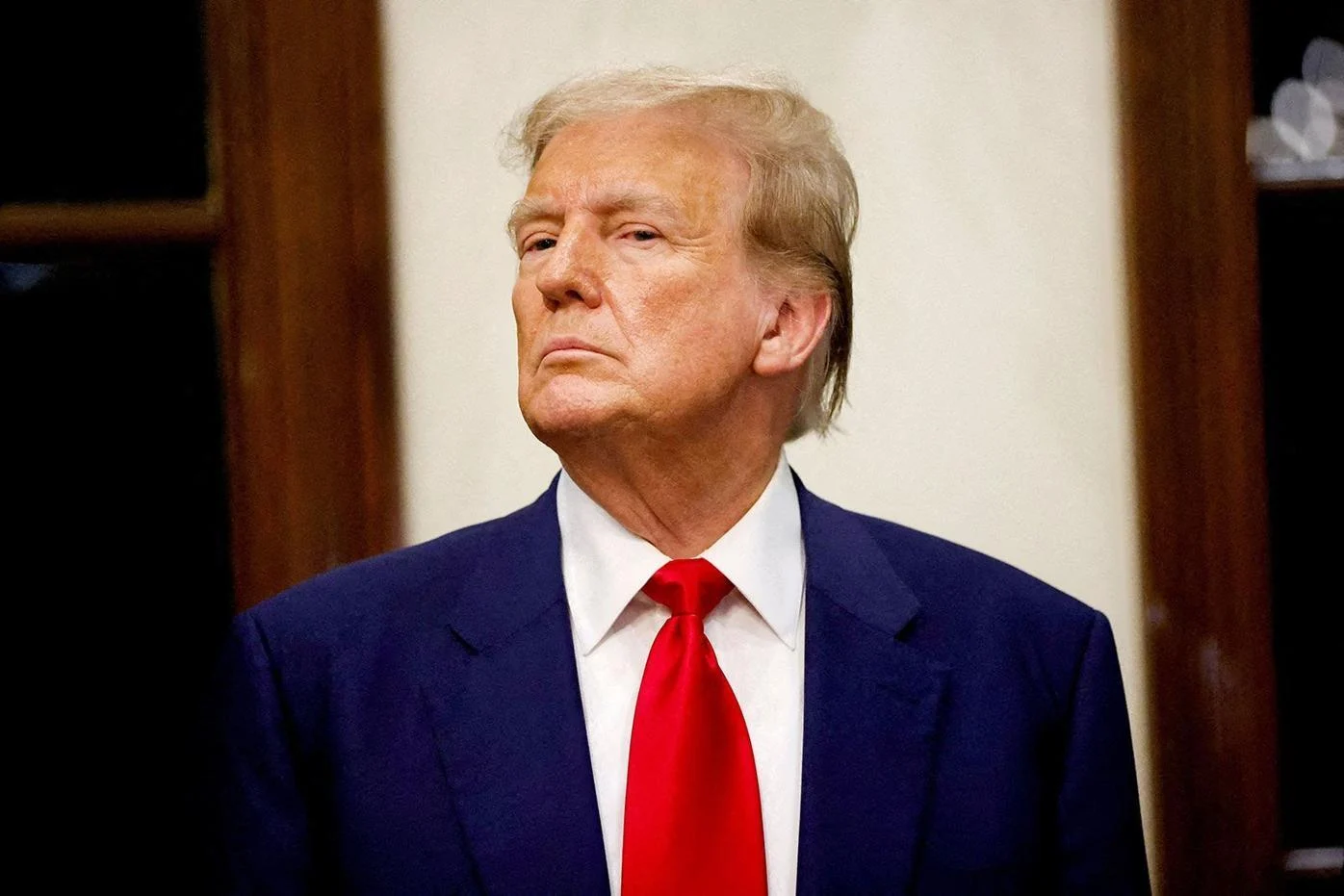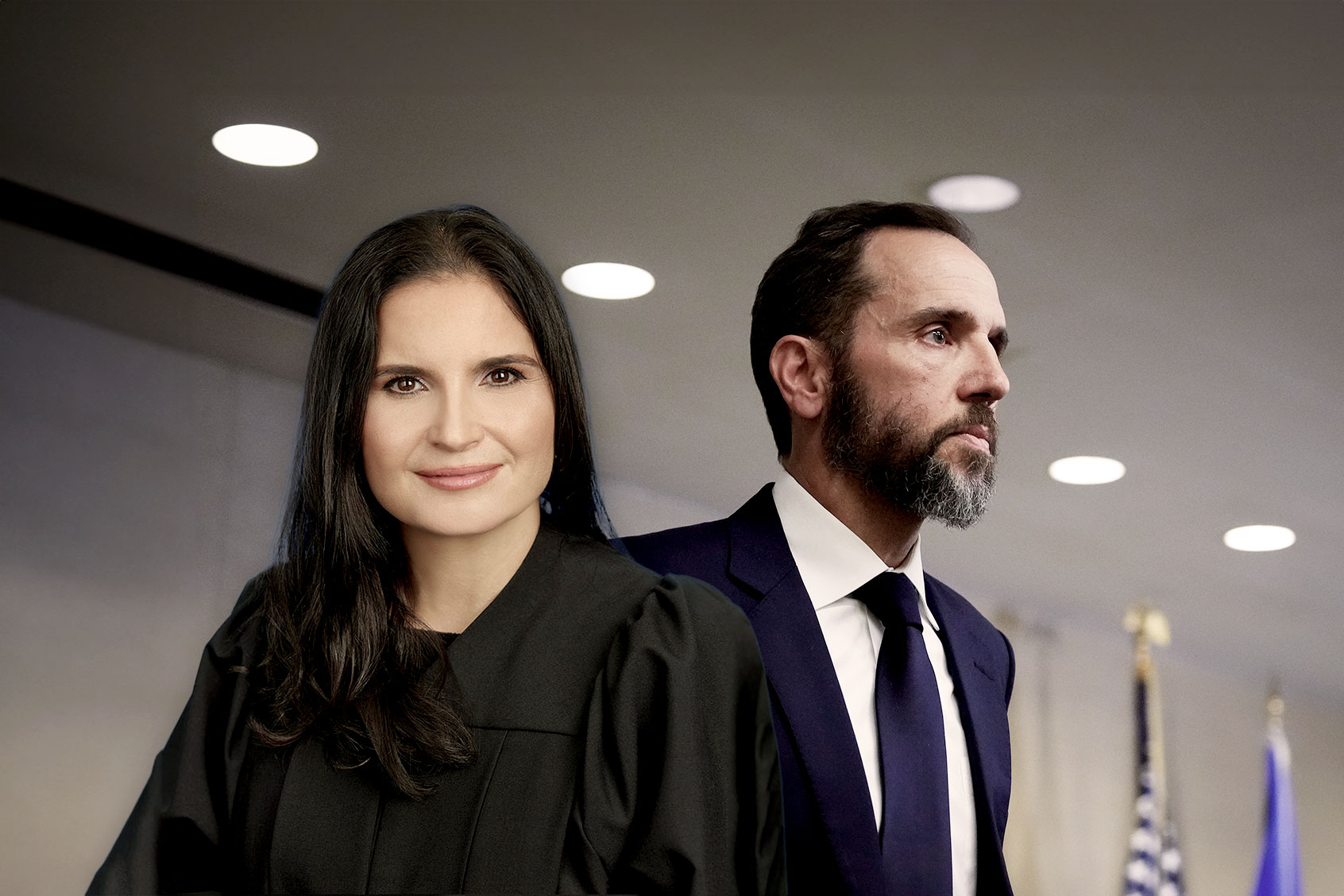Judge Aileen Cannon, appointed by former President Trump, recently reversed her decision regarding the protection of potential government witnesses’ identities in his classified documents case.
Initially, she had denied a request to redact witness identities, a move challenged by special counsel Jack Smith, who argued that it was necessary to safeguard witnesses from harassment. Cannon’s reversal, according to legal analyst Harry Litman, suggests a realization that her previous alignment with Trump’s legal team was legally unsound.
Litman contends that Cannon’s initial decision was influenced by pressure from Trump’s legal team, leading her to apply an incorrect legal standard and grant their motion to release information prematurely. The reversal underscores the consequences of this misstep and highlights the evolving dynamics of the case.
Cannon’s decision follows a period of tension with federal prosecutors, characterized by disagreements over case parameters and procedural delays. While she reluctantly sided with Smith on the witness identity issue, her opinion criticized the prosecution’s handling of the request, suggesting missed opportunities for earlier resolution.

Trump (Credits: Channel 3000)
Litman interprets Cannon’s concession as an acknowledgment that the prosecution’s arguments were more compelling. Despite the defensive tone, the reversal signifies a course correction toward the correct legal standard. Litman suggests that Cannon could have gracefully admitted her error but instead adopted a defensive stance, ultimately leading to the right decision.
The clash over witness protection highlights broader challenges within the trial, including Cannon’s unconventional rulings and procedural issues contributing to delays. The case’s complexity and high stakes have exacerbated tensions between the presiding judge and the prosecution, underscoring the importance of upholding legal standards amid legal and logistical challenges.
Cannon’s reversal signifies a shift in legal strategy prompted by scrutiny and the recognition of the prosecution’s stronger argument. Despite initial missteps, the case continues to navigate through legal complexities, with the recent decision marking a pivotal moment in its trajectory.























